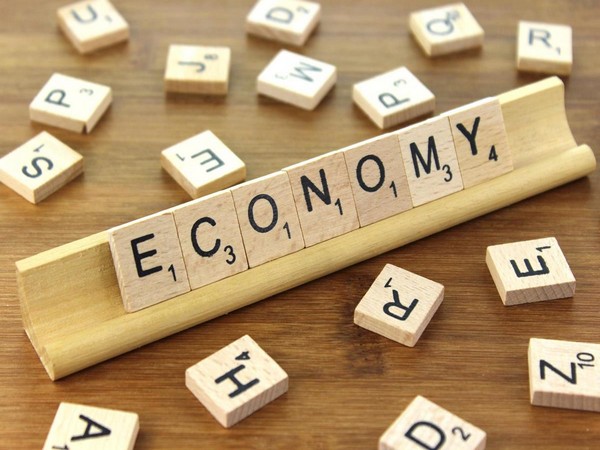Portugal's economy contracts 0.2% in third quarter as exports fall
Portugal's economy shrank 0.2% in the third quarter compared to the previous three-month period as net exports fell, the National Institute of Statistics (INE) said on Thursday, confirming its flash estimate. Portugal grew by 0.1% in the second quarter. INE also confirmed its year-on-year growth estimate released a month ago, at 1.9%, down from a 2.6% annual growth between April and June.

- Country:
- Portugal
Portugal's economy shrank 0.2% in the third quarter compared to the previous three-month period as net exports fell, the National Institute of Statistics (INE) said on Thursday, confirming its flash estimate. Portugal grew by 0.1% in the second quarter.
INE also confirmed its year-on-year growth estimate released a month ago, at 1.9%, down from a 2.6% annual growth between April and June. INE said net exports had a negative contribution of 1.3 percentage points (pp) to GDP following a positive contribution of 0.5 pp in the second quarter. It added the data reflected "reductions" in goods and services exports, including tourism.
On a positive note, INE said the contribution of domestic demand increased from -0.4 pp in the second quarter to +1.0 pp in the third quarter due to more private consumption and investment. Filipe Garcia, head of Informacao de Mercados Financeiros consultants, said the data showed that, given the economic slowdown in Europe, Portugal "no longer relied on external demand as one of the main growth drivers".
"The data set the tone for 2024, placing growth largely dependent on domestic demand," Garcia said. INE said earlier on Thursday that Portuguese 12-month
inflation rate slowed down to 1.6% in November, after a 2.1% rate in the previous month, due to a drop in food prices.
Still, core inflation, which strips out volatile food and energy prices and is seen as a better gauge of the underlying trend, was at 2.9% year-on-year, after a reading of 3.5% in October. The
Bank of Portugal warned last week that the political uncertainty could put pressure on government finances as the economy begins to slow.
President Marcelo Rebelo de Sousa has called an election for March 10 and until then the government will only have day-to-day management powers, which experts say could postpone investment decisions that require European funds. The government sees economic growth slowing to 1.5% in 2024 from an expected expansion of 2.2% this year.
(This story has not been edited by Devdiscourse staff and is auto-generated from a syndicated feed.)










